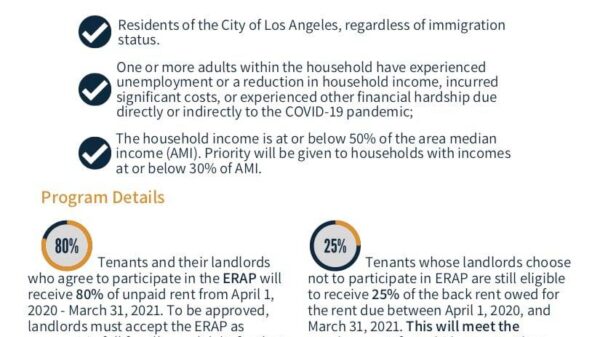The defendants in a scheme that targeted Spanish-speaking consumers have been banned from telemarketing and selling weight-loss products under a new settlement with the Federal Trade Commission (FTC).
The settlement agreement, released March 2, comes on the heels of the FTC’s annual fraud report, which cited phone scams as one of the leading means of fraud nationwide. The agency received more than 1.5 million fraud-related complaints totaling more than $1.7 billion in 2014. Of the 46% who reported a specific method of fraudulent contact, 54% said they were initially contacted by phone. The annual report was released February 27.
Consumer advocates say members of immigrant communities in the United States are frequently targeted because they do not fully understand U.S. law and may not be comfortable in English. The FTC this year is stepping up its campaign to warn and educate ethnic communities.
“The FTC is on the lookout for scams that rip off consumers in every community,” said Jessica Rich, director of the FTC’s Bureau of Consumer Protection. “This case serves as a warning to would-be scammers that targeting Spanish speakers is not a means to fly under the FTC’s radar.”
According to a FTC court complaint filed in June 2014, members of an organization called Hispanic Global Way used Peruvian call centers and Spanish-language TV ads to sell its products.
“They then shipped incomplete orders, the wrong or defective products, products of the wrong size or color and products that did not perform as advertised, including a phony weight-loss belt,” the FTC said. “When consumers called to complain, telemarketers either ignored or insulted them, or told them they could not return or exchange products, or that they would have to pay a fee, ranging from $20 to $299, to do so. Those few consumers who were promised refunds or exchanges found they never materialized.”
The defendants, who operated from the Miami area, have admitted to the allegations and agreed to be banned from telemarketing or selling weight loss products. Under the settlement order, issued by a U.S. District Court in Florida, they must provide refunds or exchanges, free of charge.
The settlement order also imposes a $50 million judgment that will be suspended upon surrender of all of the defendants’ significant assets, including a North Miami house, U.S. and Peruvian bank accounts, jewelry, a life insurance policy and a Mercedes Benz.
Telemarketing Scams: Warning Signs, Tips and Protections
The Federal Trade Commission (FTC) says telemarketing scam perpetrated in ethnic communities are often framed as free or low-cost vacations, loans, credit or credit card protection, investment opportunities, foreign lotteries, extended car warranties and “free” trial offers. To avoid telemarketing fraud, ask the following questions:
Who’s calling…and why? The law says telemarketers must tell you it’s a sales call, the name of the seller and what they’re selling before they make their pitch. If you don’t hear this information, say “no thanks,” and get off the phone.
What’s the hurry? Fast talkers who use high pressure tactics could be hiding something. Take your time. Most legitimate businesses will give you time and written information about an offer before asking you to commit to a purchase.
If it’s free, why are they asking me to pay? Question fees you need to pay to redeem a prize or gift. If you have to pay, it’s a purchase — not a prize or a gift.
Why am I “confirming” my account information – or giving it out? Some callers have your billing information before they call you. They’re trying to get you to say “okay” so they can claim you approved a charge.
Do I want more calls like this one? If you don’t want a business to call you again, say so and register your phone number on the National Do Not Call Registry. If they call back, they’re breaking the law.
If you believe you have been defrauded, call the FTC at 1-877-382-4357 or report it at the FTC website at www.ftc.gov/complaint.
This column is part of New America Media’s joint project with the Federal Trade Commission (FTC). For more information about how to avoid fraud and scams, go to: consumer.ftc.gov.










